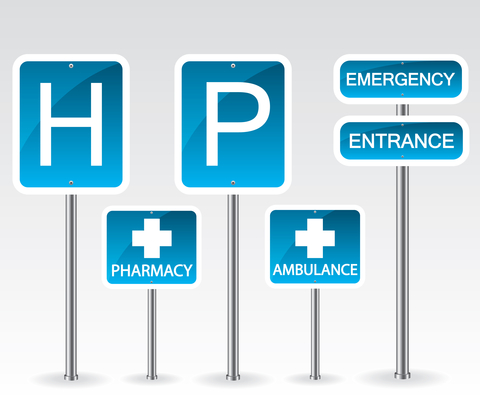The Agency for Healthcare Research and Quality shared data from a new report that shows pressure ulcers have dropped significantly among the causes of hospital-acquired conditions. Among the adverse health events were falls, surgical-site infections, catheter-associated urinary tract infections, central line-associated bloodstream infections, ventilator-associated pneumonia, and adverse drug events.
The agency’s report noted a 17% reduction among hospital-acquired conditions from 2010 to 2013, and reported that in 2013 hospital facilities saved $8 billion of a total of $12 billion in the prevention of hospital-acquired infections and adverse events in a 4-year time frame.
In 2008, Medicare ceased payment to hospitals for the treatment of advanced pressure ulcers. According to a report from MedCityNews, there is no detailed explanation about actions that triggered the improvements recoded by the agency.
Nonetheless, the agency does give some recognition to Partnership for Patients, a federal grant program that reportedly works as a private public partnership initiated by the Obama administration. The program is said to have set a goal to reduce avoidable hospital-acquired conditions and—by extension—reduce readmissions. Several groups are said to have used the funds to promote best practice so hospitals can learn from one another on hot topics like how to reduce falls and reduce hospital-acquired infections. For example, Pennsylvania Patient Safety Authority received a 2-year grant in 2012 for training healthcare staff on using teamwork and communication to boost patient safety.
[Source: MedCityNews]






